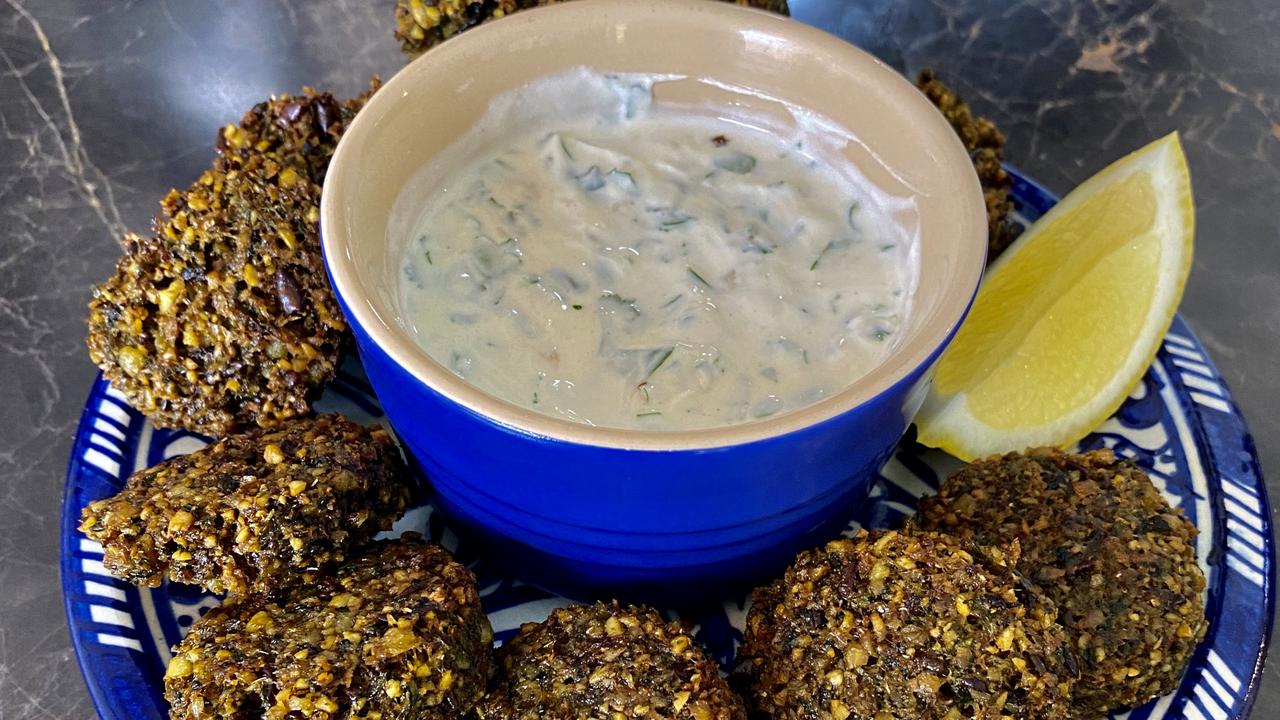According to the popular Israeli song from 1958 And We Have Falafel: “Once when a Jew came to Israel, he kissed the ground and blessed the creator. Today, he gets off the plane and has a falafel… for this is the national meal of Israel.”
Heaven knows there seems to be enough to fight about in the Middle East. Add falafel to the list. As author Jodi Kantor wrote in the Jewish Journal: “It’s nice to think that sharing a cherished food brings enemies together, easing tension and misunderstanding. But the world’s rawest conflicts can include disagreements over common foodstuffs… many Palestinians believe that Israelis have stolen falafel, a traditional Arab food, and passed it off as ‘Israel’s National Snack’.” Jews and Arabs argue about falafel in a way that reflects the wider conflict, she says.
“Food always migrates according to immigration and commerce,” said Yael Raviv, a student at New York University who wrote her doctorate on Israeli nationalism and cuisine. “But because of the political situation, falafel has taken on enormous significance… every Israeli cookbook has a falafel recipe.”
Now, I’ve never had the pleasure of visiting Israel, or Palestine, but I’ve eaten a lot of falafel. Cursory research suggests the dish originated in Egypt a long time ago, made with rehydrated dried fava (broad) beans. As the spicy/herby fried pulse pattie moved north from Egypt, it seems, chickpeas replaced the beans. Or at least augmented them.
Read the article by John Lethlean in The Australian.

